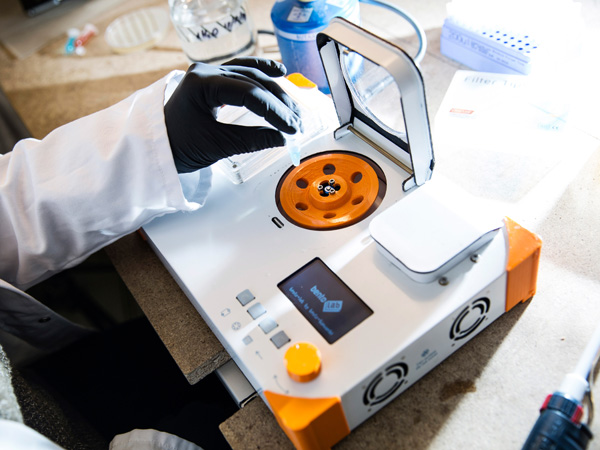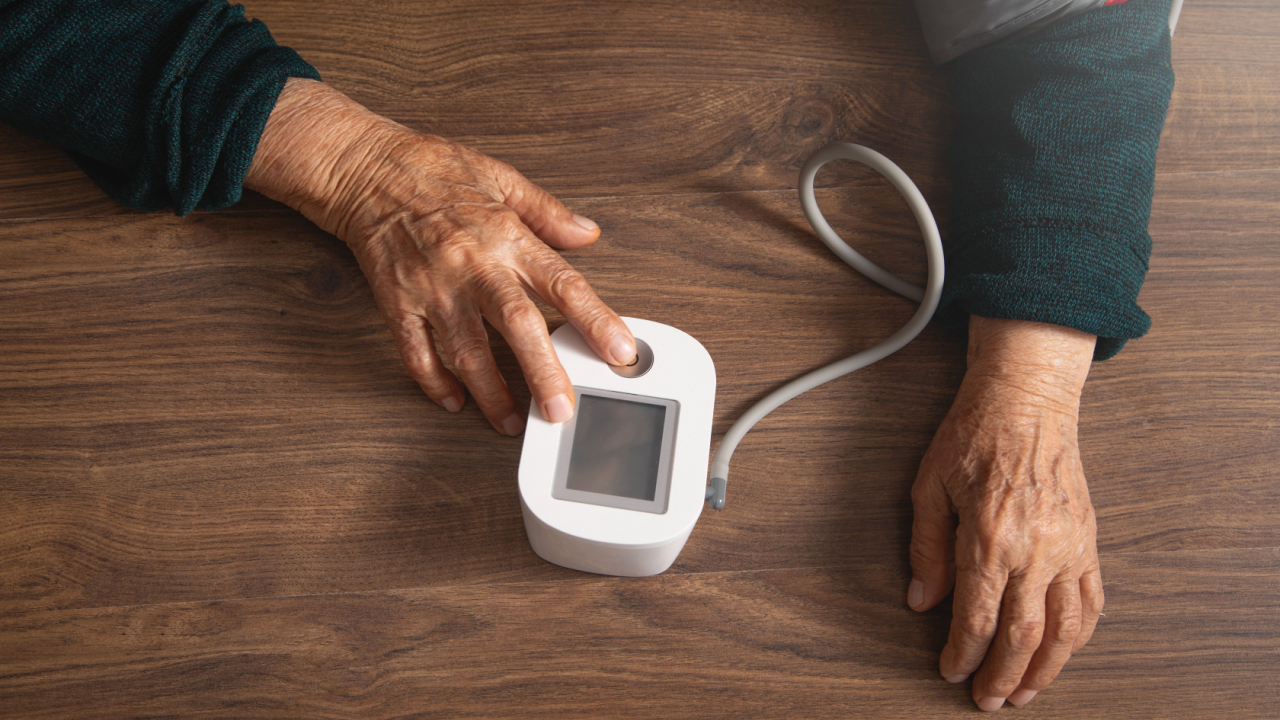Whether you’re a recent graduate, a tenured professor or simply an entrepreneur, there are many factors to consider when founding a biotech startup. You’ll need to consider what scientific questions you’re looking to answer, and how your company will fill an unmet need in the market. While it’s likely that some of your up-front capital will be coming from your own pocket, you might get lucky and receive a grant or benefit from a few early investors.
Regardless of your funding level, once you leave your university’s fully-equipped research laboratories to make it on your own, you’ll have to start thinking about equipment. While many of the lab tools required will be highly dependent on the type of research you’ll be conducting – such as protein work, human cell culture or animal studies – there are a few gadgets that are almost universally necessary.
The ability to analyze and manipulate DNA is key in the biotechnology industry. Unfortunately, this can mean that multiple pieces of expensive equipment must be purchased to set up a functional lab. For some entrepreneurs, second-hand lab equipment could be a good investment, however the savings might not be worth it if the tools are faulty or have limited functionality.
If you’ve decided to invest in some new equipment, it’s important that you consider three things:
-
How long will it take to set up the equipment and start using it? If a system is overly complex for the type of work you’ll be doing, there could be a significant learning curve before things are running smoothly. This could cause unplanned delays in your research timeline.
-
Will this tool be able to handle more work as the company expands? You’re business plan isn’t to run a small biotech forever. You’ll need to find equipment that can handle an increased workload as your company grows.
-
Will it be cost-effective for my business? Unless you have unlimited funds – and most startups don’t – you’ll need to find quality equipment that fits your budget.
After doing some research into affordable ways to set up a new lab, we came across two new pieces of equipment – the Bento Lab and the MinION – which are ideal for multiple biotech applications. Along with consumables and reagents – like pipette tips, gloves, buffers and PCR enzymes – these lab gadgets will be all you need to get your research idea off the ground.
Bento Lab By Bento Bio
Investing in all of the equipment necessary to perform DNA analysis – including a thermal cycler, centrifuge and gel electrophoresis apparatus – can be a costly endeavor for a budget-constrained biotech startup. These tools can also require a significant amount of workspace, which may be unavailable in the early stages of your business.
At first glance, the Bento Lab looks like a colourful MacBook from the 90s. But what’s inside is a powerful, all-in-one DNA laboratory built to handle any small-scale DNA analysis applications. The brainchild of two scientists, the Bento Lab was designed to include all the tools needed to extract, amplify and analyze biological samples.
The Bento Lab is composed of four functional units housed in a protective case, which can be easily slipped into a laptop bag. The centrifuge has a maximum speed of 20,000 rpm, which is sufficiently powerful to separate the phases during DNA extraction. The PCR thermocycler can accommodate multiple variations on the DNA amplification technique – like hot start PCR – and is even able to cool down to four degrees Celsius to prevent sample degradation after the reaction is complete.
The gel electrophoresis unit is compact but can accommodate 11 to 15 sample per run, and the transilluminator allows for complete visualization of the DNA bands. Purchases separately, these pieces of equipment would cost five times as much as the Bento Lab – which is listed at £769 – and certainly wouldn’t have the same portability.
According to Bethan Wolfenden, one of the co-founders of Bento Bio – while the device is marketed toward hobbyist scientists and professional researchers alike, most of the current users of the beta version are academics or researchers in industry. Because the device includes everything needed for DNA analysis, she says that the tool is ideal for someone looking to prototype an idea.
The team has plans to release an upgraded version of the Bento Lab next, with increased PCR tube capacity and a more powerful centrifuge. Wolfenden says the new version will be quality tested by independent reviewers in order to see how the Bento Lab’s equipment compares to other systems on the market.
Oxford Nanopore Technologies MinION
For most biotechs, DNA analysis will need to be extended beyond simply visualizing the amplified samples. DNA sequencing centers have offered increasingly more affordable services over the past ten years, but if a small startup anticipates that sequencing will need to be performed often, it may make the most sense to invest in a dedicated piece of sequencing equipment.
Traditional DNA sequencing machines cost between $50,000 and $10 million, making them unattainable to any biotech startup lacking a sufficient capital grant. These devices take up significant physical space – with the smallest units being around the size of a desktop photocopier – and traditional workflows involve lengthy and complicated sample preparation.
In comparison, the MinION by Oxford Nanopore Technologies, takes a completely different approach to DNA and RNA sequencing. The system is made up of a portable device, which works with small reusable cartridges – flow cells – which contain protein nanopores, much like those found embedded in biological membranes. The nanopores are contained within a synthetic polymer, through which a current is applied in order to stimulate flow of material through the openings.
The nanopores sequence DNA by measuring the characteristic disruption in the electrical current caused by the nucleotides of the DNA strand passing through the nanopore. Unlike traditional DNA sequencing technologies which require long run times before generating any data output, the MinION starts streaming data in real-time as soon as the sample is applied to the cartridge.
The cartridge – which contains 500 individual nanopores – is reusable, with a current total life of approximately 24 hours of sequencing. Most of all, the MinION is affordable; at $1,000 for a starter kit, the device is extremely accessible for biotech entrepreneurs looking for a plug-and-play sequencing device.
Like the Bento Lab, the MinION is compact and portable. Weighing just 100 g and small enough to fit in the palm of one’s hand, the device can easily be moved between small research spaces. This is a particularly big advantage for new biotechs who may be hesitant to invest in large, plugged-in pieces of infrastructure.
If you want to scale up, Oxford Nanopore will soon be launching a more powerful benchtop system, called PromethION, for real-time analysis of biological molecules. While this device is considerably larger than the MinION, it will incorporate 144,000 nanopores capable of simultaneous DNA sequencing of multiple samples.
When used in combination, the Bento Lab and MinION represent a complete DNA analysis system. As both tools can handle increased workflow at affordable price points, they may be a smart investment for any biotech entrepreneur.











Join or login to leave a comment
JOIN LOGIN